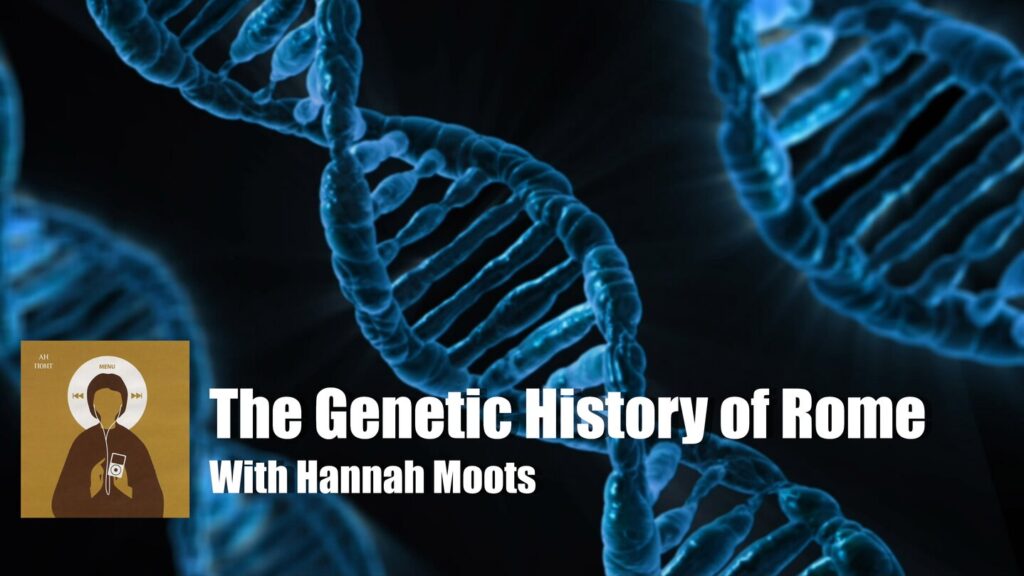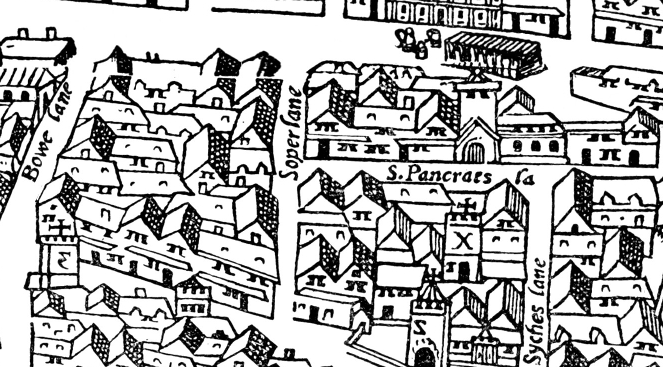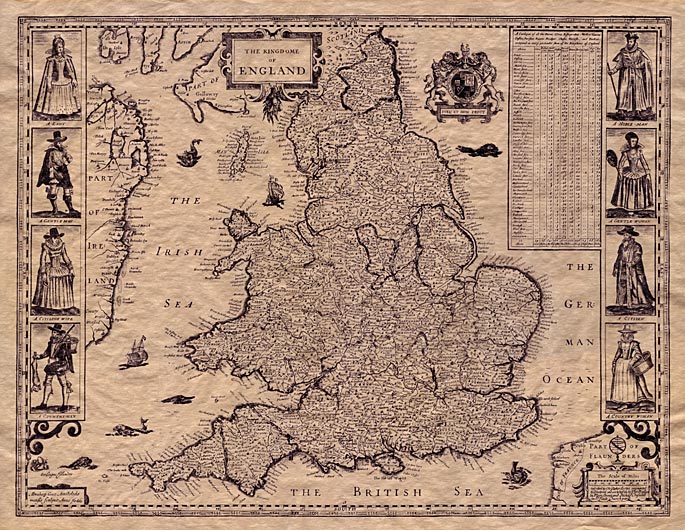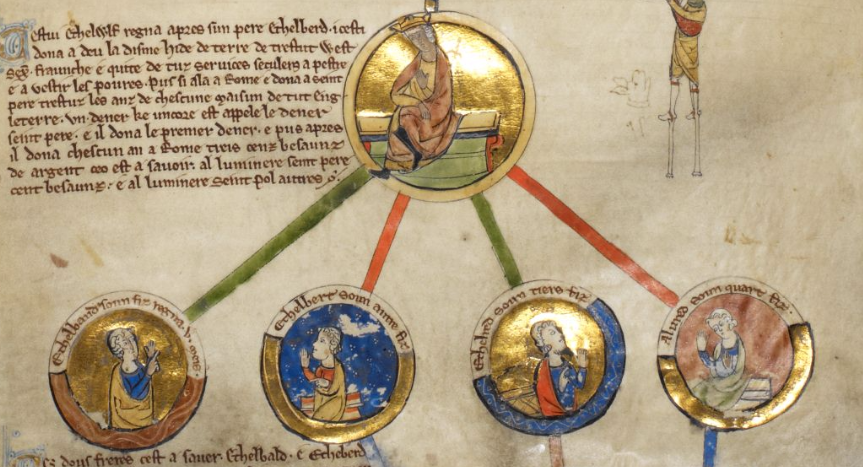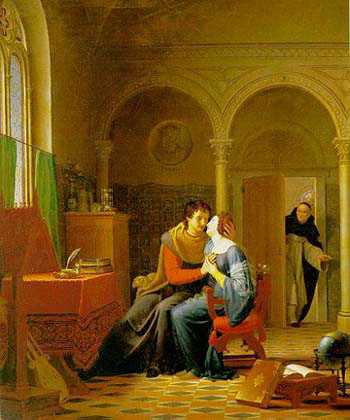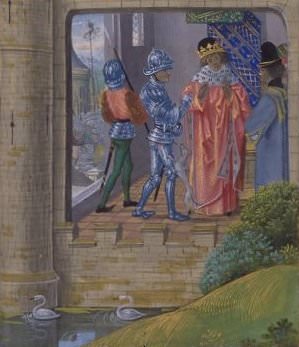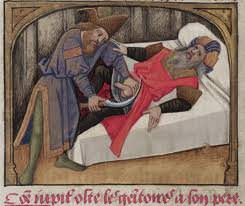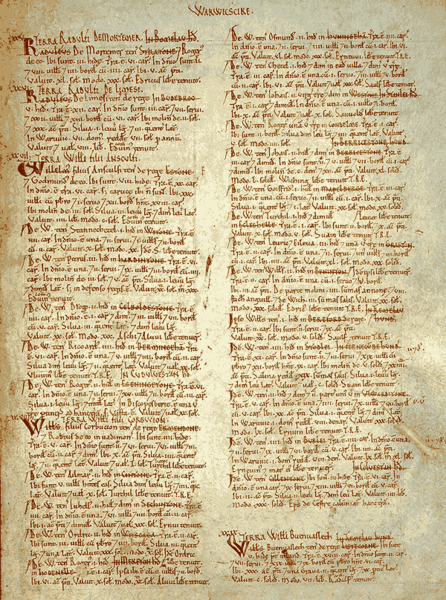New Study Links Huns to Xiongnu Through DNA Evidence
New DNA research has uncovered a direct genetic link between some European Huns and the elite of the earlier Xiongnu Empire, a powerful nomadic state from the Mongolian steppe. The findings challenge long-standing debates on the Huns’ origins, revealing a complex web of ancestry and migration across Eurasia.
Genetic Study Reveals Cultural Integration in Avar Communities in the Early Middle Ages
The Avars, a group that arrived in the region from the East Asian steppes in the 6th century AD, settled among a diverse local population. However, questions lingered about the ancestry of those buried in these 8th-century sites: were they descendants of the Avar conquerors, the local populations, or a mixture of both?
The Genetic History of Rome, with Hannah Moots
A conversation with Hannah Moots about paleogenetic research, its goals, methods, and conclusions. What does it mean to study ancient DNA, and what does it tell us about human history?
Ancient DNA reveals a multiethnic empire on the Steppe
Eurasia’s ancient and medieval history has seen several empires emerging out of the Steppe. A new study explores the rise of the Xiongnu, who foreshadowed the coming of the Huns and the Mongols.
Medieval History in Ōtautahi
Can studying medieval Europe in New Zealand, with a New Zealand context, ever really be relevant?
How Criminals got new names in Medieval England
If you were deemed a criminal or a delinquent in medieval England, you might find yourself with a new last name.
A Family of Mercers in Medieval London
A fourteenth century family coordinating elements of English life, the academy, the church, the crown, land, commerce and family connections to become significant participants in London life.
Iron Age and Anglo-Saxon genomes from East England reveal British migration history
British population history has been shaped by a series of immigrations, including the early Anglo-Saxon migrations after 400 CE. It remains an open question how these events affected the genetic composition of the current British population.
The First Manuals of English History: Two Late Thirteenth-Century Genealogical Rolls of the Kings of England in the Royal Collection
The reign of Edward I (1272-1307) witnessed the creation of numerous genealogical rolls of the kings of England from Egbert to the reigning king,
Mapping the Medieval Countryside
My summary of a Institute of Historical Research session on the digitization of records in Late Medieval England.
Reconsidering Agatha, Wife of Eadward the Exile
The antecedents of Agatha, wife of Eadward the Exile and ancestress of Scottish and English monarchs since the twelfth century and their countless descendants in Europe and America, have been the subject of much dispute…
The Birth of Heloise: New Light on an Old Mystery
So where did she come from, this extraordinary woman and what was the composition of genes that went into her inheritance?
Testimonies of the Living Dead: The Martyrology-Necrology and the Necrology in the Chapter-Book of Mont-Saint-Michel
On the face of it, a necrological record indicating the day of the year on which a subject died might be nothing more than the point at which to draw the line. In fact, the place, or even places, in which such records occur yields significant information about the subject’s life, rather than his death.
The Baronage in the Reign of Richard II, 1377-1399
The usurpation of Richard II by his cousin Henry Bolingbroke in 1399 was one of the most significant events in later medieval history.
Placenames and the settlement pattern of dark-age Scotland
This study will examine some placename evidence for features of settlement in E Scotland, that zone which lies of the Firth of Forth and E of the main Scottish mountain mass. In this areaat least four different languages have been spoken with differing temporal and spatial extents: one non-Indo-European tongue, Celtic, Norse and English.
St Fursa, the genealogy of an Irish saint the historical person and his cult
As it turns out, Fursa’s differing genealogical affiliations mirror the subsequent shifts in political and ecclesiastical developments in Irish medieval history.
Greeks in Early Medieval Barcelona?
The aim of this article is to draw attention to a group of persenal names which occurs almost exclusively in the city of Barcelona in tilese decades around the year 1000, which may throw some additional llght on the range of externa1 cgntacts. The name in question is that of Greco.
Eunuchs in the Byzantine Empire: A Study in Byzantine Titulature and Prosopography
The presence of innumerable eunuchs at the Byzantine court seems to be in conflict with the laws that severely prohibited eunuchism. The Roman emperors early formally prohibited this practice, at least within the boundaries of the empire.
Profiling English Landed Society in 1066
Professor Lewis details the project, Profile of a Doomed Elite: The Structure of English Landed Society in 1066 project, which involves completing a prosopography of landowners from England in 1066
The transformation of kinship and the family in late Anglo-Saxon England
In this article it is suggested that the emergence of new kinship values was connected to the investment of aristocratic energy and resources in monastic programmes, and to subtle changes in lay involvement with the rituals associated with death and the salvation of souls.
Cultural syncretism and ethnic identity: The Norman ‘conquest’ of Southern Italy and Sicily
Cultural syncretism and ethnic identity: The Norman ‘conquest’ of Southern Italy and Sicily Drell, Joanna H.(Department of History, Colgate University, Hamilton, New York) Journal…
Ralph de Limésy: Conqueror’s Nephew? The Origins of a Discounted Claim
Ralph de Limésy: Conqueror’s Nephew? The Origins of a Discounted Claim Jackson, Peter (University of Oxford) Prosopon Newsletter (1997) Abstract The name of…
More about Magnus, Count of Wroclaw
More about Magnus, Count of Wroclaw Skarbek-Kozietulski, Marek Genealogia Mediaevalis Genetica, August 4, (2011) Abstract Twentieth-century German medieval researchers saw Piotr Wlostowic, the…
What was the true identity of Magnus, Count of Wroclaw?
What was the true identity of Magnus, Count of Wroclaw? Skarbek-Kozietulski, Marek Genealogia Mediaevalis Genetica (2010) Abstract Which clan of Polish medieval nobility1…
Mass Conversion and Genealogical Mentalities: Jews and Christians in Fifteenth-Century Spain
Mass Conversion and Genealogical Mentalities: Jews and Christians in Fifteenth-Century Spain By David Nirenberg Past and Present, No. 174 (2002) Introduction: It is…


